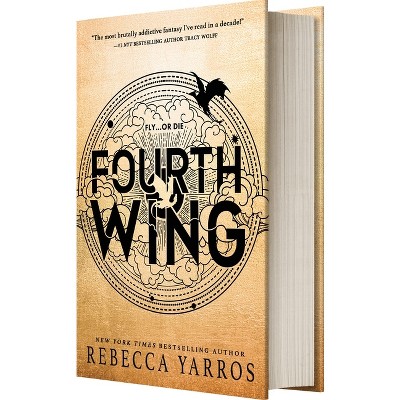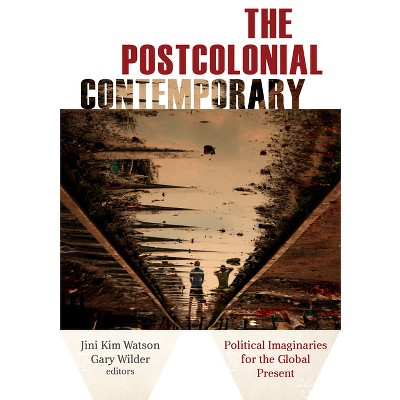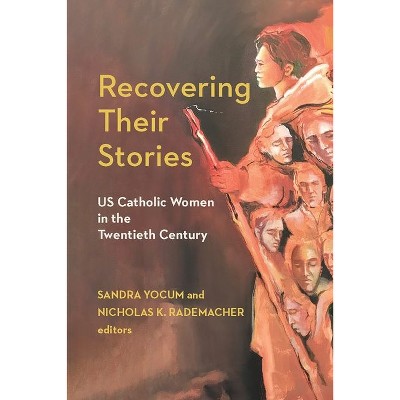About this item
Highlights
- Honorable Mention, James Russell Lowell Prize, Modern Language AssociationHonorable Mention, René Wellek Prize, American Comparative Literature AssociationHow did the Cold War shape culture and political power in decolonizing countries and give rise to authoritarian regimes in the so-called free world?
- About the Author: Jini Kim Watson is Associate Professor of English and Comparative Literature at New York University.
- 272 Pages
- Literary Criticism, Comparative Literature
Description
About the Book
Cold War Reckonings shows how the Cold War shaped culture and political power in the decolonizing world and gave rise, paradoxically, to authoritarian regimes of the so-called free world.Book Synopsis
Honorable Mention, James Russell Lowell Prize, Modern Language Association
Honorable Mention, René Wellek Prize, American Comparative Literature Association
How did the Cold War shape culture and political power in decolonizing countries and give rise to authoritarian regimes in the so-called free world? Cold War Reckonings tells a new story about the Cold War and the global shift from colonialism to independent nation-states. Assembling a body of transpacific cultural works that speak to this historical conjuncture, Jini Kim Watson reveals autocracy to be not a deficient form of liberal democracy, but rather the result of Cold War entanglements with decolonization.
From the Back Cover
"Cold War Reckonings is not only a sophisticated work of cultural criticism, but also an astounding articulation of political theory. Analyzing literary and cinematic texts alongside occasions like PEN regional meetings, Jini Kim Watson offers an altogether original story about the Cold War and decolonization in Asia, on the one hand, and about the relationship between capitalism and authoritarianism, on the other. The book profoundly shifts our understanding of the Cold War, arrested decolonization, postcolonial sovereignty, and the developmental state within capitalist modernity. In short, it offers a new theory of the state in general, and of the capitalist authoritarian state in particular."--Jodi Kim, University of California, Riverside
"Jini Kim Watson's Cold War Reckonings is an important, brilliant, and extremely engaging book that is beautifully written and bold and innovative in its arguments. Watson shows how the social and political promises of decolonization were derailed by the developmentalism that permitted certain sectors of postcolonial states to seize power by vowing 'to fast-forward the time of national development.' Treating third-world dictatorial regimes neither as unprepared political actors nor as dupes, Watson shows the overlapping interests between global capitalism and authoritarianism in some of Asia's 'capitalist success stories.'"--Joseph Slaughter, Columbia University Cold War Reckonings tells a new story about the Cold War and the global shift from colonialism to independent nation-states. Across a body of transpacific cultural works, Jini Kim Watson reveals the problem of "free world" authoritarianism to be not a deficient form of liberal democracy, but the result of Cold War entanglements with decolonization. Focusing on the U.S.-allied illiberal regimes of South Korea, Singapore, the Philippines and Indonesia, the book scrutinizes cultural texts ranging from dissident poetry, fiction, and writers' conference proceedings of the Cold War period, to more recent literature, graphic novels, and films that retrospectively look back to these decades with a critical eye. Watson's book argues that the cultural forms and narrative techniques that emerged from the Cold War-decolonizing matrix offer new ways of comprehending these histories and connecting them to our present. Jini Kim Watson is Associate Professor of English and Comparative Literature at New York University.Review Quotes
Cold War Reckonings is not only a sophisticated work of cultural criticism, but also an astounding articulation of political theory. Analyzing literary and cinematic texts alongside occasions like PEN regional meetings, Jini Kim Watson offers an altogether original story about the Cold War and decolonization in Asia, on the one hand, and about the relationship between capitalism and authoritarianism, on the other. The book profoundly shifts our understanding of the Cold War, arrested decolonization, postcolonial sovereignty, and the developmental state within capitalist modernity. In short, it offers a new theory of the state in general, and of the capitalist authoritarian state in particular.---Jodi Kim, University of California, Riverside
Jini Kim Watson's Cold War Reckonings is an important, brilliant, and extremely engaging book that is beautifully written and bold and innovative in its arguments. Watson shows how the social and political promises of decolonization were derailed by the developmentalism that permitted certain sectors of postcolonial states to seize power by vowing 'to fast-forward the time of national development.' Treating third-world dictatorial regimes neither as unprepared political actors nor as dupes, Watson shows the overlapping interests between global capitalism and authoritarianism in some of Asia's 'capitalist success stories.'---Joseph Slaughter, Columbia University
Expansive in both temporal and geographic scope, this demanding yet engaging study offers a valuable revision of historical perspectives surrounding the long decades of decolonization in Southeast Asia from the end of WW II to the present... Highly recommended.-- "Choice"
About the Author
Jini Kim Watson is Associate Professor of English and Comparative Literature at New York University. She is the author of The New Asian City: Three-dimensional Fictions of Space and Urban Form and editor, with Gary Wilder, of The Postcolonial Contemporary: Political Imaginaries for the Global Present.Shipping details
Return details
Trending Fiction












